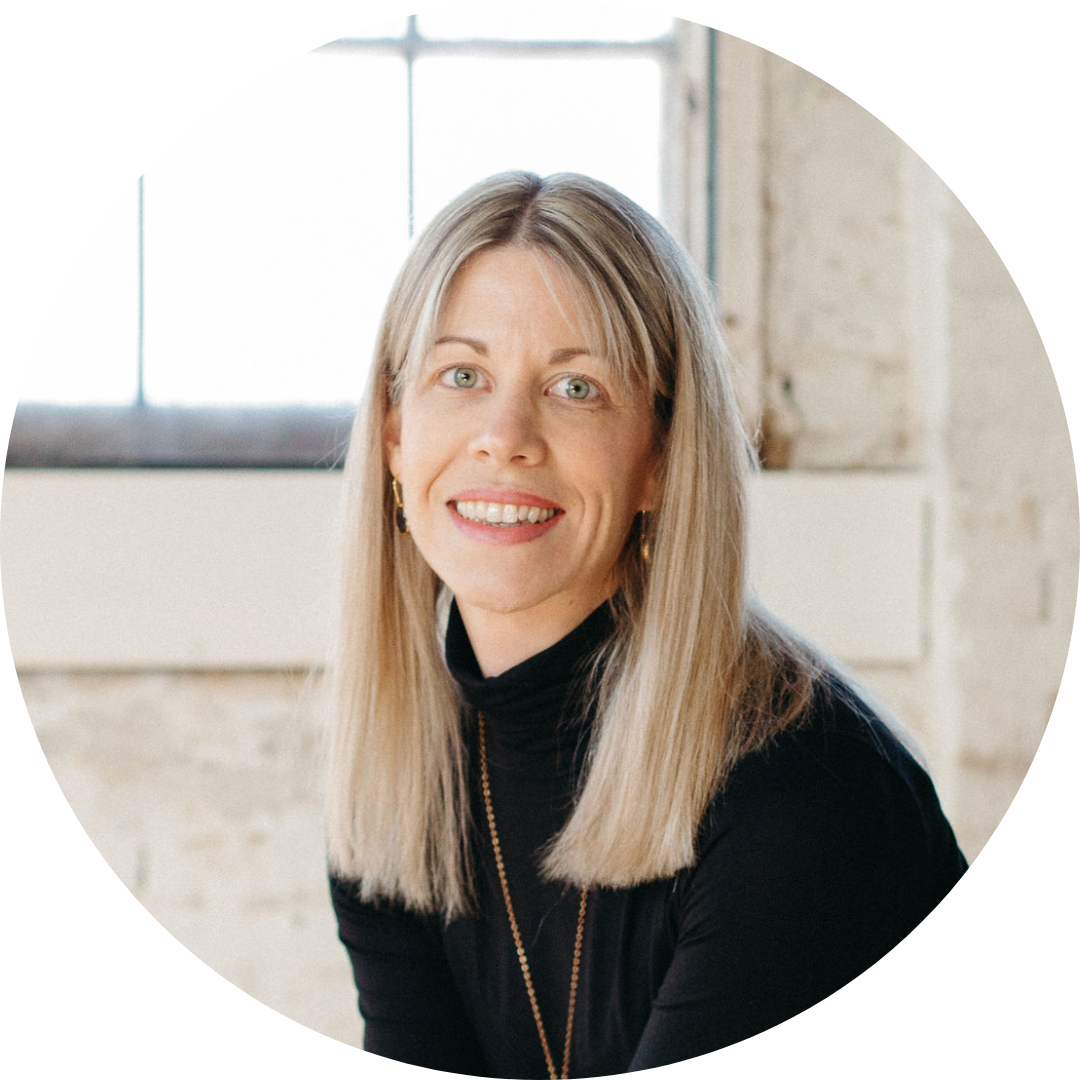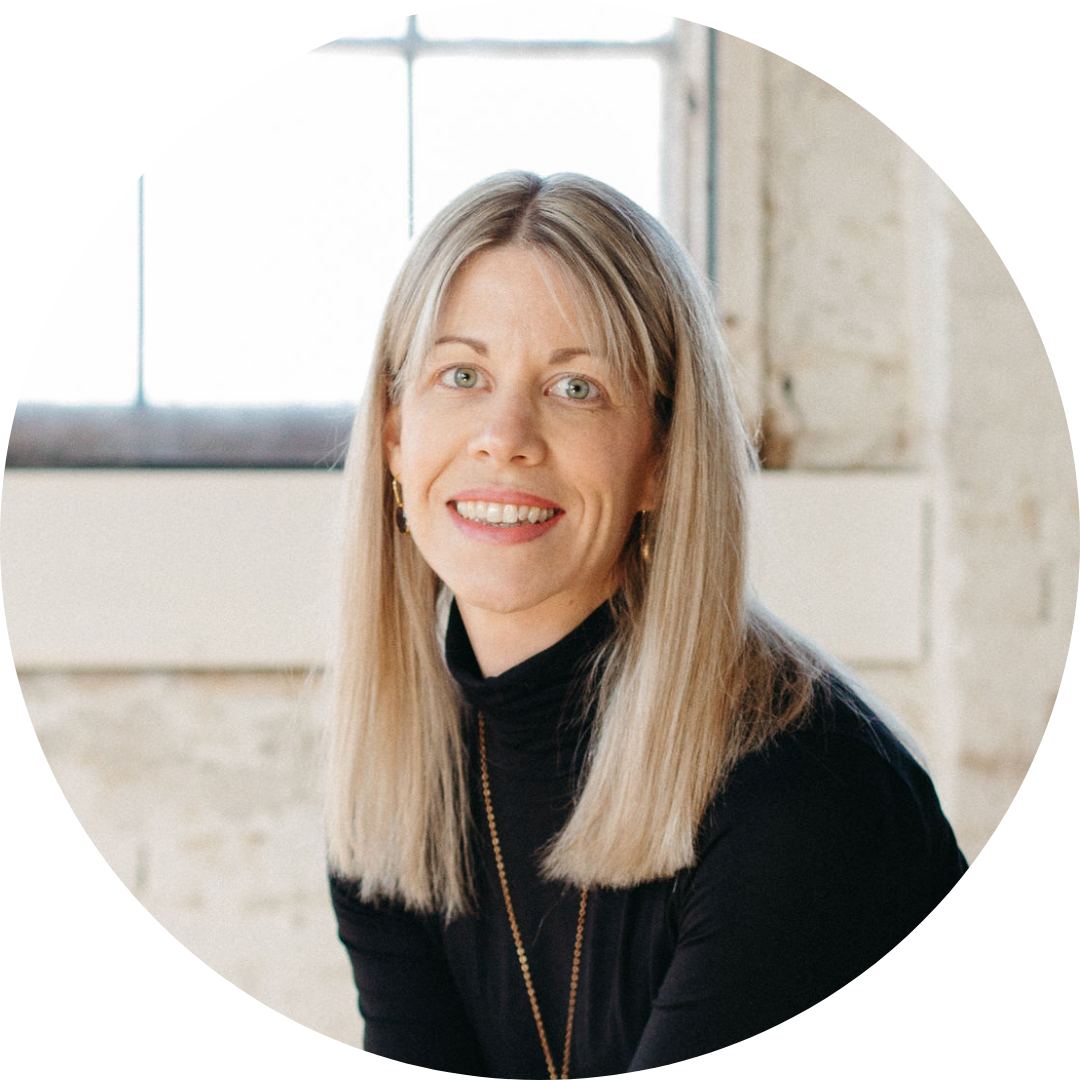
The School of Resilience
with Dr. Maria Bargeman
The human spirit is inherently resilient. But learning how to foster resilience, especially if you are in the midst of your dark night of the soul, can feel unattainable. The question isn't if you can become resilient, it is how. Join the School of Resilience and learn how you can cultivate the nuanced wisdom of resilience for whatever life throws at you.


Season 1 . Episode 4
Tune in to this episode to hear Maria's story of her own journey toward resilience and how your story can be one of full healing.
The School of Resilience
with Dr. Maria Bargeman
The human spirit is inherently resilient. But learning how to foster resilience, especially if you are in the midst of your dark night of the soul, can feel unattainable. The question isn't if you can become resilient, it is how. Join the School of Resilience and learn how you can cultivate the nuanced wisdom of resilience for whatever life throws at you.


Season 1 . Episode 4
Tune in to this episode to hear Maria's story of her own journey toward resilience and how your story can be one of full healing.
Latest Episodes

The Resilience Bank Account: Investing in Your Emotional Reserve
The Resilience Bank Account: Investing in Your Emotional Reserve
In this insightful episode of The School of Resilience, Dr. Maria Bargeman delves into the science behind psychological resilience, exploring why some individuals bounce back from trauma while others struggle. She introduces the concept of a "Resilience Bank Account," explaining how childhood experiences, like positive role models and opportunities to face challenges, play a role in either strengthening or weakening our resilience foundation. Dr. Bargeman emphasizes that resilience is not an innate trait, but rather a skill that can be developed, even for those starting with what she calls a "resilience deficit."
Dr. Bargeman highlights the importance of not downplaying the pain of trauma, but instead focusing on cultivating protective factors that support healing. She discusses the role of mindset and the idea of "supportive scaffolding"—building a nurturing social network that can provide strength during tough times. Acknowledging small victories and surrounding oneself with positive influences are key steps to calming the brain's heightened threat response after trauma, fostering a sense of balance and hope.
The episode concludes with a discussion on overcoming fears and making "mini mindset micro-shifts" to build resilience gradually. Dr. Bargeman encourages listeners to seek out resilience role models and draw inspiration from their stories as a way to build an emotional reserve for challenging times.
As an expert in trauma recovery, Dr. Maria Bargeman continues to guide her audience through a journey of hope, strength, and healing. Learn more about her work at mariabargeman.com.
Takeaways:
Resilience is a skill that can be cultivated, not an inherent trait.
Building a nurturing social network ("supportive scaffolding") is critical for resilience.
Small mindset shifts and surrounding yourself with positive role models can help you build resilience over time.

Hope for full healing is ahead of you
Maria's mission is to equip you on a journey toward full freedom and healing. This podcast is a step in that direction to give you the knowledge and resources you need to take those next steps. Tune in today and step into your resilience.
There is no emotional wound too big or too small that you cannot fully heal from.
Maria's mission is to equip you on your journey toward full freedom and lasting healing. This podcast is a step in that direction to give you the knowledge and resources you need to get unstuck and fully inhabit the life you really want to live. Because you don’t have to live in pain anymore. You deserve to experience full healing. Tune in today and step into your resilience.
"You can get through this. I firmly believe that all trauma, and I really do mean all trauma, is not just treatable but it is 100% curable. That this doesn't need to define you, that you don't need to be impacted by this and stay trapped in the past and paralyzed and suffering for the rest of your life, but there is a way to move forward.
There is a way to fully heal, and you are capable of that."
-Dr. Maria Bargeman

Dr. Maria Bargeman's Mission: To revolutionize trauma care because there is a better way and every trauma-affected individual deserves to move past surviving into fully thriving
Join The School of Resilience today for free + gain access to ongoing resources and support!
Emotional pain + trauma is often isolating and overwhelming. But it doesn’t have to be this way. We’d love to support you inside the School of Resilience with regular encouragement, insights and practical guidance to reduce the overwhelm and replace isolation with connection.




